Is your working life blighted by your inner judge and bad conscience? Talk it out, says a CBS researcher

In the months ahead, it will be crucial for managers and employees to talk together. Not on Teams or Zoom, but at the workplace, explains Pernille Steen Pedersen, Assistant Professor at CBS. In her view, we must talk about our lockdown experiences, but more importantly discuss how inner judges and bad consciences can haunt us.
Pernille Steen Pedersen is in no doubt. For her, working from home during the crisis has been excellent. She has been able to do her teaching online, while conducting her research.
But she knows that not everyone has been so lucky. For some, it has been an uphill struggle from day one.
“When people come back to CBS and to their workplaces in general, they will all carry some baggage. Some will fit in a handbag and be easily dealt with, but others will be dragging along a suitcase bursting with the feeling of missing out, not having done that much, or being extremely worried about the whole situation,” she says.
During the lockdowns, Pernille Steen Pedersen, Assistant Professor at the Department of Management, Politics and Philosophy at CBS, has interviewed employees about their experiences doing remote work. She has been interested in – not so much how productive employees and managers have been while at home – but rather how it has affected them on personal and emotional levels.
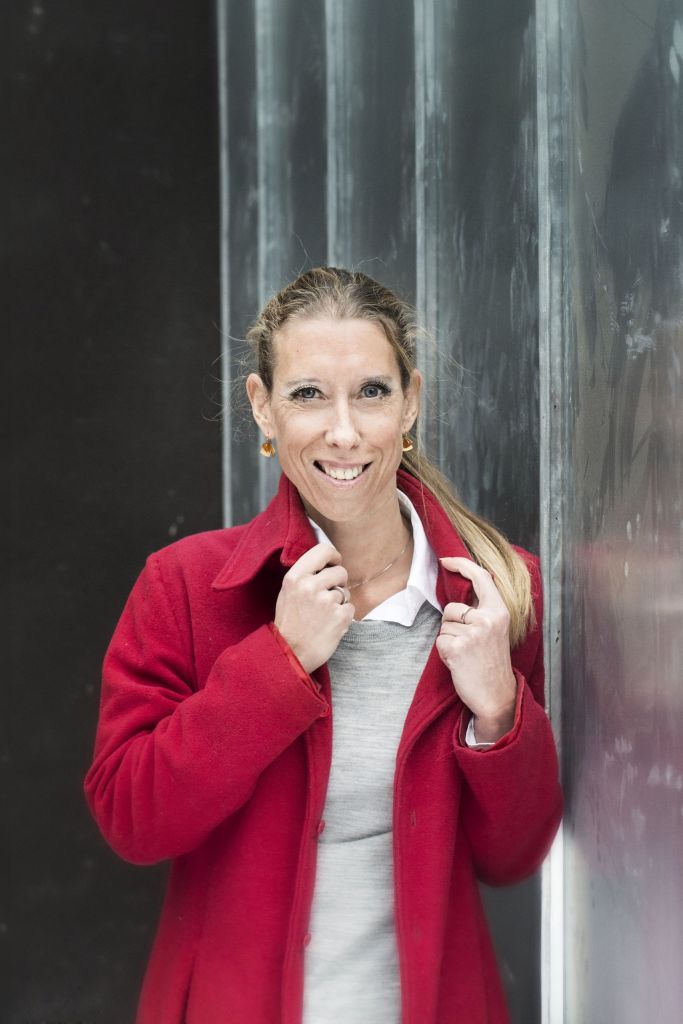
Assistant Professor Pernille Steen Pedersen is ready to launch her next research project on stress. This time it’s with CBS students in focus. (Photo: Lisbeth Holten)
The interviews revealed several aspects of remote work that, according to Pernille Pedersen, are worth considering in the months to come as employees and managers return to work.
“Some people have had a constant bad conscience and felt lazy. And it can feel even worse when we don’t meet and talk to our managers and colleagues about what we have been doing and achieved. And when we are mostly alone, working from home, for some people, our so-called inner judge is in charge, telling us that we should be working harder and more efficiently. It’s never good enough,” she says and explains that our inner judge and bad conscience are banished by physically proximity to our colleagues and managers.
“When we are away from each other, we cannot get a sense of trust and confidence from our colleagues and managers. At a physical workplace we can turn off our inner judge to get some relief. In that way, coronavirus has demonstrated how much we depend on each other.”
Voice your frustrations
Although we are heading for a time with almost no restrictions, and it may be tempting to just put what has happened behind us, it will be important to talk about people’s different lockdown experiences, explains Pernille Steen Pedersen.
“This will call for patience. Both from employees and managers. We cannot say hello to something new without saying goodbye to some of the old,” she says and continues:
“We must voice the frustrations we have felt and make room for the different experiences we have had. There’s nothing more annoying than being told: ‘Now we must just look ahead and carry on’, if you’ve had a really hard time.”
As Pernille Steen Pedersen describes, the different experiences and feelings cannot be dealt with during a staff meeting from 10 to 11. Instead employees and managers must be open to various experiences and seeing the past 1.5 years from different perspectives.
“We should take advantage of the situation. Now that we are returning, we don’t have to deal with it alone, but have a collective responsibility for helping and supporting each other with coming back to work,” she says.
On a positive note, the crisis has taught us to work together in ways that we did not think possible. Pernille Steen Pedersen encourages everyone to remember that going forward.
“At CBS, Teaching and Learning, the Study Administration and the Event and Room Allocation, to name a few, had huge roles to play, and we saw how fantastically well they fulfilled their jobs. We have established collaborations that wouldn’t normally have been set in motion and in a pace that even impressed the most change resistant. We should take that onboard moving forward and hope that we will not see another crisis, but instead embrace how we depend on each other,” she says.
Equipping managers
After returning to their workplaces, in some senses, managers will have to get to know their employees all over again, as some people will feel completely changed. Both personally, but also in how they work.
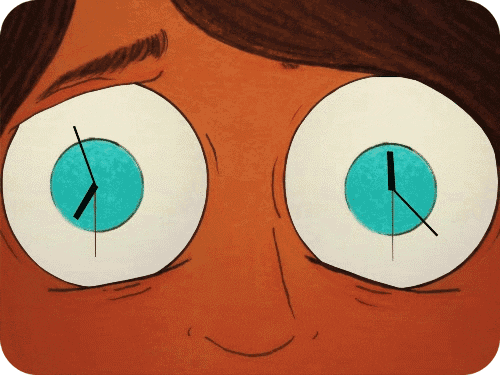
“Get to know your employees again and adjust your leadership to their needs,” she advises. “Free the employees from the bad consciences they may have and talk with them about how it’s going. Maybe some of them have suffered from their inner judges setting the bar extremely high, and that’s when managers can help their employees shrug off this feeling by assisting them with prioritizing their tasks,” she says.
In Pernille Steen Pedersen’s view, the combination of remote and present work we are all heading towards will be interesting from a research perspective.
“It will be a demanding time for managers, and we must figure out how we can equip them to become good at managing remote work. Some employees will want permission to work from home and know that their managers have confidence in them doing their jobs, while others managers will react by seeing red,” she says and continues:
“We will also, most likely, see jealousy and irritation. Some employees will want to work more from home but will find their wishes cannot be met. And then it will be important not to reduce this to a question of remote work, but rather articulate it as a matter of collegiality and work relations. We must show that we are interested in one another, meet up and talk more about what we are working on and how we are doing.”



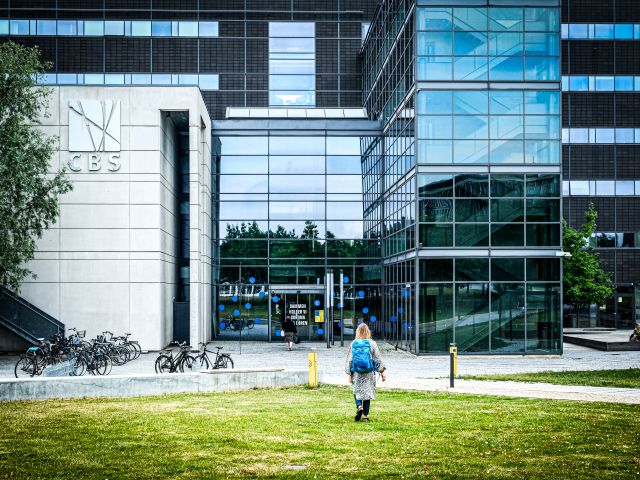
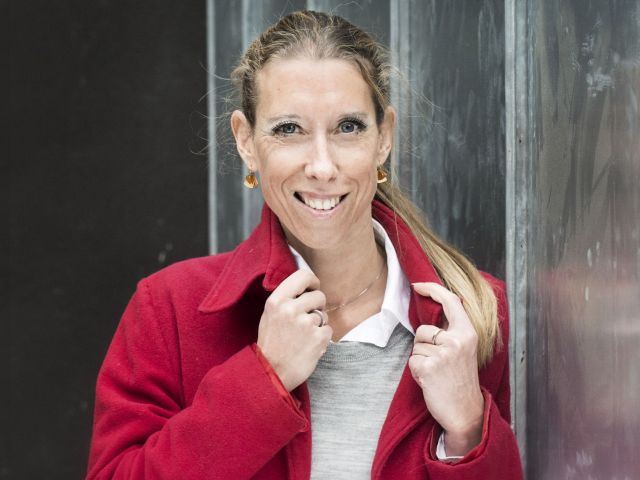
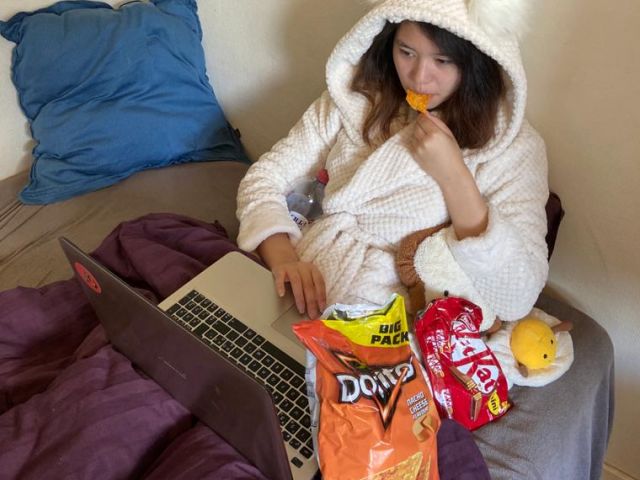
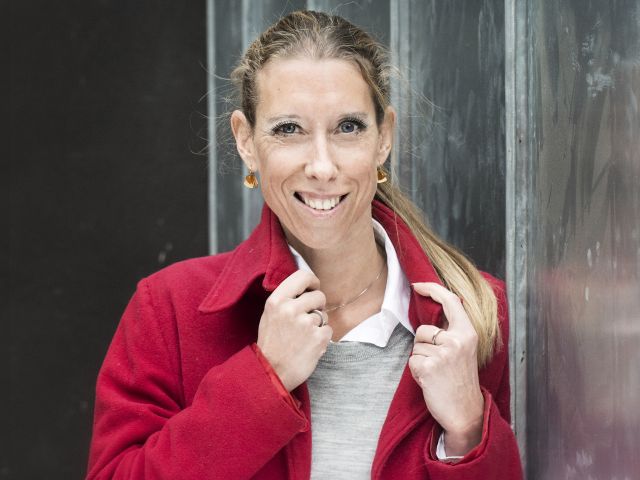






























































































































Comments